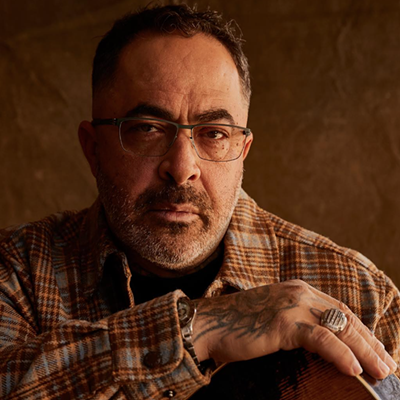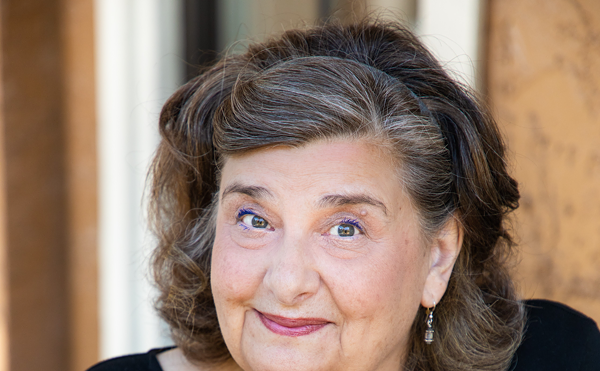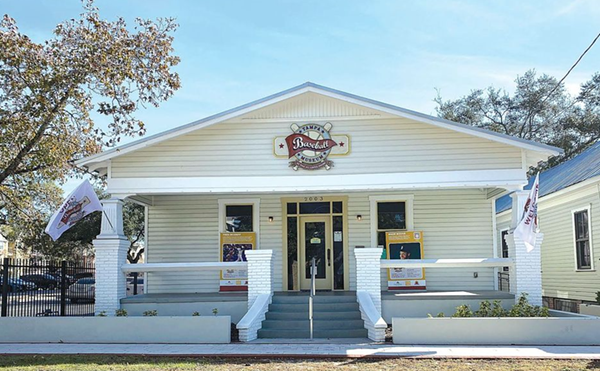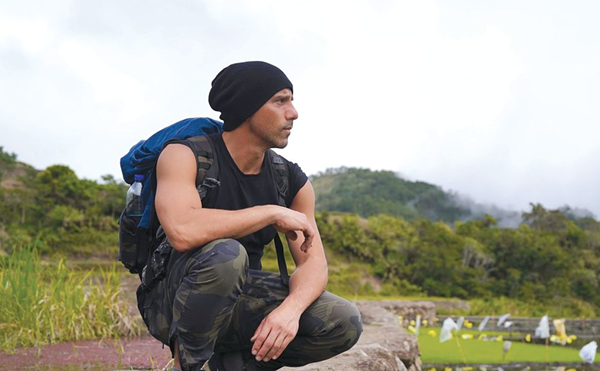There's a popular misconception about prisons that has grown in popularity lately: that they're pleasant places where the inmates have nothing to do but watch TV, improve their criminal skills, lift weights, and generally grow stronger and smarter as they serve out their sentences on the way back to a renewed life of crime. The truth is that prisons are extremely hard, cold places that are designed to be that way so their "guests" are encouraged not to return. These are places that none of their critics would want to spend a day in. The fact that many prisoners do return doesn't mean prison is a desirable home; more often than not, the convict, for whatever reason, cannot find a way into a normal life once he or she is released. Some folks just never learn how to live among the rest of us, and have a natural, unalterable bent toward criminal life. This is nothing new; thus, prisons have been around a long time.
Bandits and Bibles is a collection of writings by convicts and ex-convicts. Most of the pieces come from 19th century chap-books that were published in small numbers, not widely distributed and, more often than not, soon forgotten. The writers are mostly unknowns, many with colorful pseudonyms like Light Fingered Jim or "Bunko" Kelly; others are more famous, such as John Wesley Hardin, "Cole" Younger (whose excerpt is mostly concerned with his version of the great Northfield Raid), and Julian Hawthorne, son of the great writer Nathaniel Hawthorne.
The power and the worth of this collection come from the words of the convicts themselves. Except for Younger's, the focus of these excerpts is prison; there's not one writer among the group who finds anything to celebrate in it, or even finds anything good to say about it, unless it is the way it opened their eyes to the need to live a better, law-abiding life.
The title of the book is somewhat misleading, since not all the writers were bandits, or actually turned to the Bible, but there is still a fair amount of sincere and serious soul-searching going on here. It is common for a person to find religion behind bars, and it's easy to understand why. While many scoff at jailhouse salvation, it should be remembered that these are people who've experienced the lash, the solitary confinement cell (where prisoners were hung by their hands from the ceiling, toes barely touching the floor, without food, water or light for days on end), torture, brutality, and the ceaseless sorrow that accompanies long confinement.
Aside from the book's heavy moral questions, it's also good reading, with many of the writers recounting with honest, realistic storytelling the deeds and adventures that put them in prison. The prison stories themselves are as dark, sinister and horrifying as anything found in Edgar Allan Poe. Not a few of these writers wrote to entertain, hoping that they might earn money for family or for their return to the outside. Few achieved that, and mostly the books were read by few people and largely forgotten. The quality of the writing, though, is admirable, especially in light of the men's lack of education and training, and reflects an age when people communicated more via the written word than is common today.
As stated in the introduction, lack of freedom is the constant that binds convicts through the ages; and it is a thing that most of us in the free world do not understand; some do not care to understand. Whether or not this book will change that is doubtful.
It's hard for most of us to read or hear about the woes of prison life and not surmise that there's a good reason for the writer to be there. Yet, even the worst of us is human and deserving of humane treatment — not so much for the sake of the prisoner but for their own sakes. Who can dare ask for pity or kindness, forgiveness or salvation, if we're not willing to give it to others?
It can't be seriously argued that prisons in our country are as bad as they used to be. But those who claim that prison life isn't hard enough on the inmates, unless they're totally devoid of respect for human dignity, will have much reason to pause and reconsider after reading this book.
David Childers is an attorney in Mount Holly, as well as a successful singer/songwriter.


















